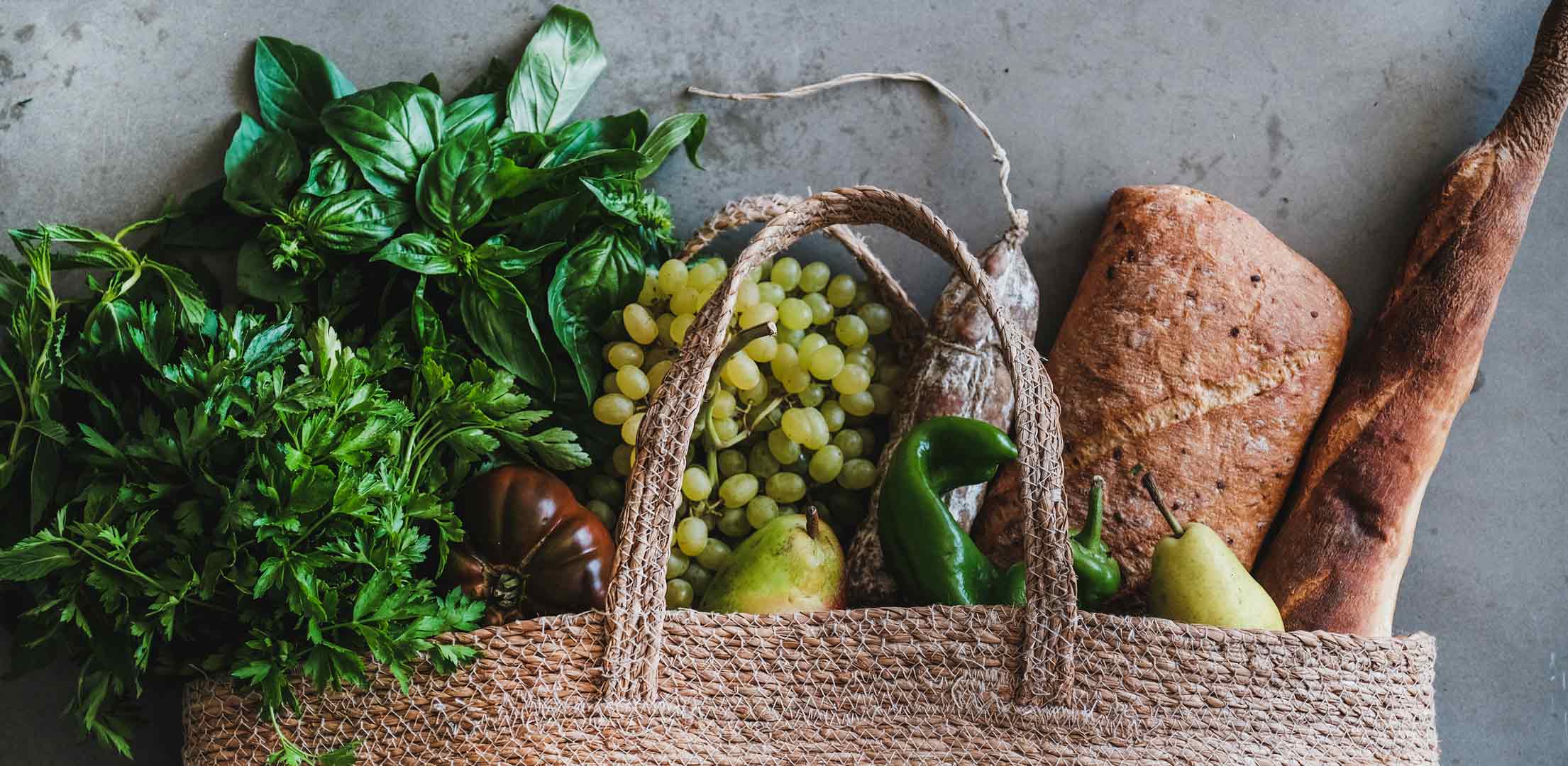Top Tips for Healthy Grocery Shopping
Ever heard the saying “Shop Smart to Eat Smart!” What you stock up your fridge and pantry impacts what you eat at home so before heading to the grocery, keep in mind the following tips:
- Number one rule! Don’t go to the supermarket when you’re hungry. When you are hungry, you want to buy all kinds of junk and you’ll end up spending a lot more.
- Always go with a list. This will help keep you from buying things you don’t need or want and make your trip to the store much more efficient.
- Shop the outskirts of the supermarket first. Fresh food and produce, dairy products, poultry, and seafood sections are generally all located on the perimeter of the store. Steer clear of the inner aisles as these are the sections that usually include canned goods, processed items, sweets, and confectionery.
- Read the labels of the products you buy. If it is an ingredient you don’t recognize, place it back on the shelf. Check for serving size, calories, fat, cholesterol, and sodium. Remember, even low-fat and fat-free foods can pack a lot of calories
- The less processed the better. Choose “REAL” foods, such as 100% fruit juice or 100% whole-grain items with as little processing and as few additives and flavorings as possible. For example for whole-grains go for regular oatmeal rather than instant oatmeal, with yogurt go for plain options rather than flavored products, and for rice cakes, it is best you opt for the plain flavor rather than the flavored ones. If you would like more salt or sugar, add it yourself instead.
- Fill half your cart with produce. Think about your cart like your plate. A healthy plate should have half vegetables, a quarter carbohydrates (like rice, bread, pasta) and a quarter proteins (like meat, fish, tofu, chicken). So, make sure you buy more vegetables than meat or grains and include a variety of different colors to ensure you get a mix of vitamins and minerals. Don’t forget fruits as well, the recommendation is 1-2 servings of fruit a day.
- Keep it seasonal. Fruits and vegetables that are in season are usually more nutritious and tasty. Buy the rainbow, the more colorful the supermarket cart is, the better!
- Try something new! Be adventurous with at least one purchase every time you go to the supermarket. There are many new varieties of grains, nuts, or seeds in the market that are worth trying. Examples include millet, buckwheat, Baru nuts, bulgur, etc. Introducing a variety of ingredients into your daily diet helps you get the right amount of vitamins and minerals.

